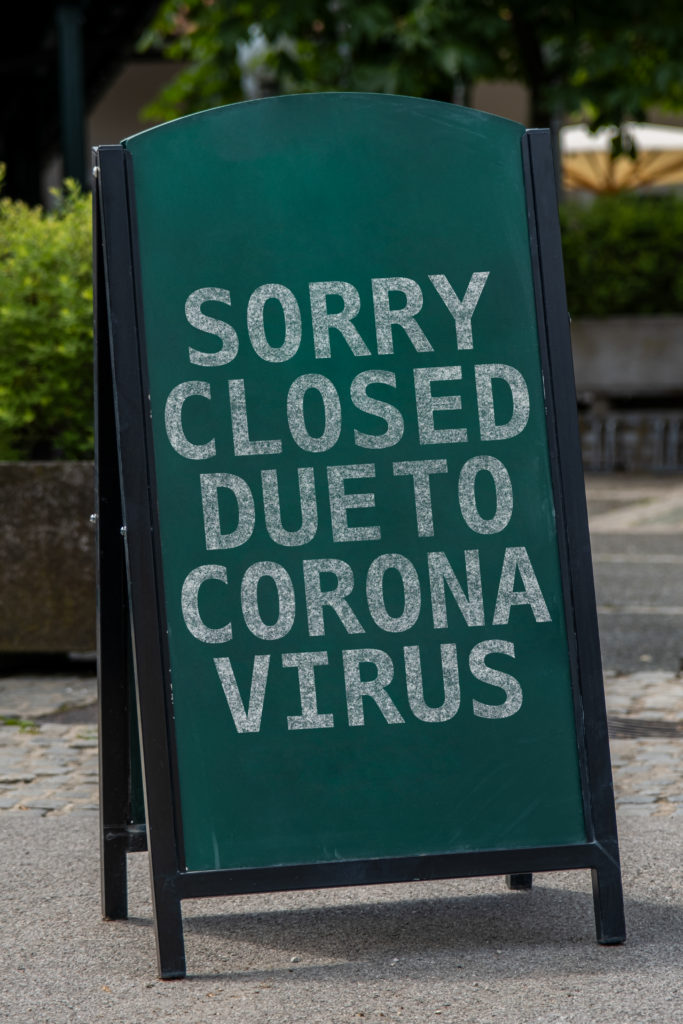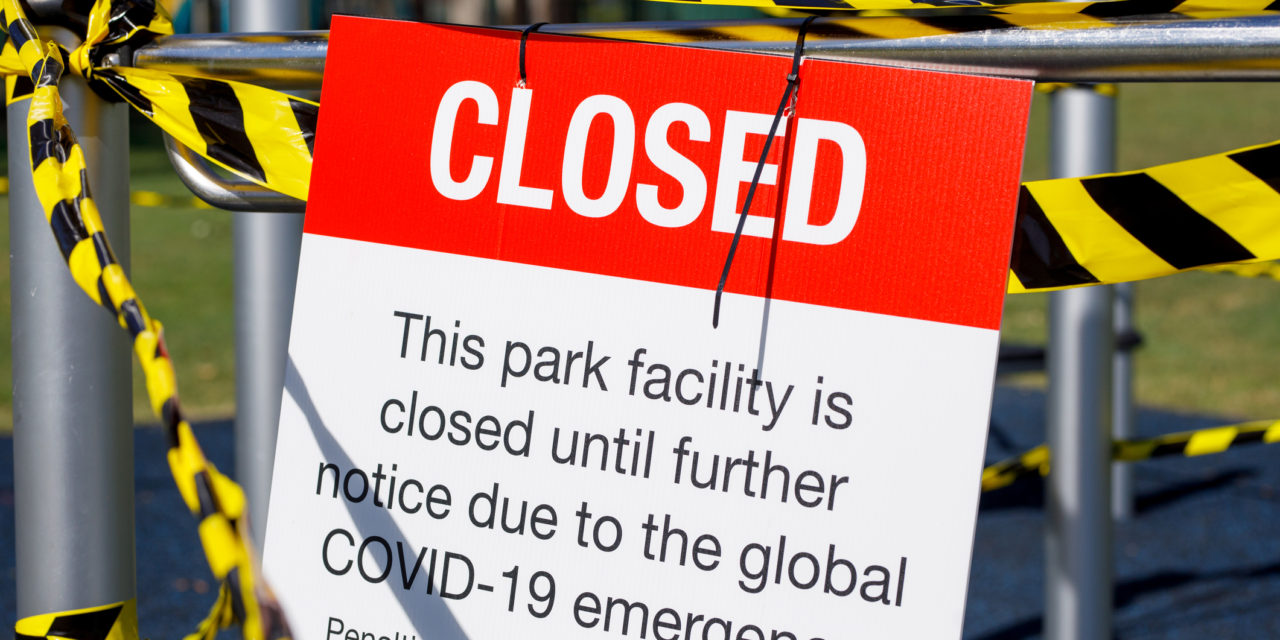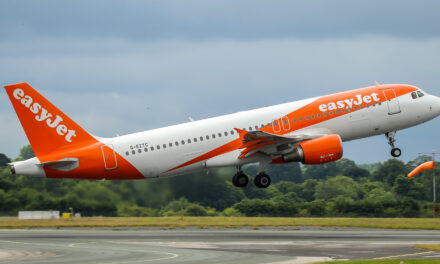Coronavirus, otherwise known as Covid-19, emerged towards the end of 2019. The first case was traceable to Wuhan China. And from there, this new strain of the virus has spread like wildfire, with over 6 million confirmed cases in over 160 countries. With the World Health Organisation (WHO) designating the virus a pandemic, various countries have had to adopt desperate measures to curb its spread.
Media outlets across the world have reported quarantines, curfews, and even border closures as control measures put in place to curb the spread, from Italy to Russia, Nigeria, and the United States. We have seen pictures and videos all over the internet showing the impact of these measures on virtually all businesses, essential and non-essential alike. Several companies have downsized and others folded up as everyone has tried to come to terms with the new normal.
Arguably, the worst-hit industry is the tourism and hospitality industry, with curfews and total restrictions on the movement of people causing businesses decreased or zero patronage. The news is rife with postponed conferences, sports tournaments, and conventions leading to a sharp drop in profits and any form of patronage.
The anthem these days is ‘social distancing’. A lot of consumers have opted for remote alternatives to meeting up in person, in response to these restrictions. Prioritising limiting community transfer has created an unfavourable climate for businesses that depend on the free flow of movement.
Businesses that survive learn from events and try to come up with solutions that prepare them for a probable reoccurrence. This begs the question: what are our options, and how do we pick up the pieces, in response to such an unprecedented disruption to our business ecosystem? Players in the hospitality industry need to be prepared for:
• A plausible downward spiral of profits;
• The possibility of a customer, business associate, or employee getting infected in our workspace.

Adapting to Business Disruption
Gearing up to COVID-19-induced interruptions will require that one takes the following steps
.• Business owners and administrators must check the terms of their insurance cover and ascertain what their insurance policy cover interprets as business disruption and what that means for a resumption of economic activities.
• Lodging companies may be required to communicate with their associates and patrons to review their travel and personal insurance policies, to absolve themselves of any avoidable risk and qualify for insurance cover. This will,in turn, exonerate business owners from plausible risk as patrons cannot feign ignorance.
• However difficult it may be, businesses must forego any activity that has no bearing on their functionality and survivability. Long term capital intensive projects can be postponed until there’s a return to normalcy. Varying lengths of dry spells of near-zero patronage must be considered and duly prepared for.
• Holding roundtable conversations with other stakeholders to discuss the impact of COVID-19 on the industry with the aim of developing collective strategies that can be implemented to outlast this phase.
• Do all humanly possible to keep your team pumped up to be their best in handling tasks and attending to customers. Patronage is already low; there are no benefits to passing doom and gloom around the team and onto your customers, in order not to lose them.
Working Recommendations
The safety of your staff and customers is important to sustained patronage of your business. Ensure that you develop tight protocols for ensuring the washing of hands, as well as the availability of soap and clean water. Surfaces must be disinfected frequently, and staff must not endanger themselves and customers in carrying out their duties. Customers must be encouraged to adhere to safety guidelines as much as possible, in the most pleasant way possible.
Disaster Awareness and Business Continuity
There is a lesson for every business owner to learn here. The world around us changed so quickly, shredding action plans and growth projections in its wake and so it is foolhardy to be unprepared for such a scale of events, albeit this one occurring every hundred years.
A business owner must, with preparedness for property loss and security breaches etc, have actionable plans that shield his business from negative shocks arising from new outbreaks and new information detailing measures to curb the spread.
You must be proactive in counteracting negative impacts on your business whilst containing existential threats. You must stay ahead with a thorough plan that preserves capital, and protects your staff, providing continued service to your customers whilst looking after your overall interests.
In Wuhan, the first epicentre of the outbreak, medical staffhave been taking off their masks as a grand gesture to inspire hope as we all look forward to a return to normalcy in the not too distant future. We must remain positive as that day draws closer.










